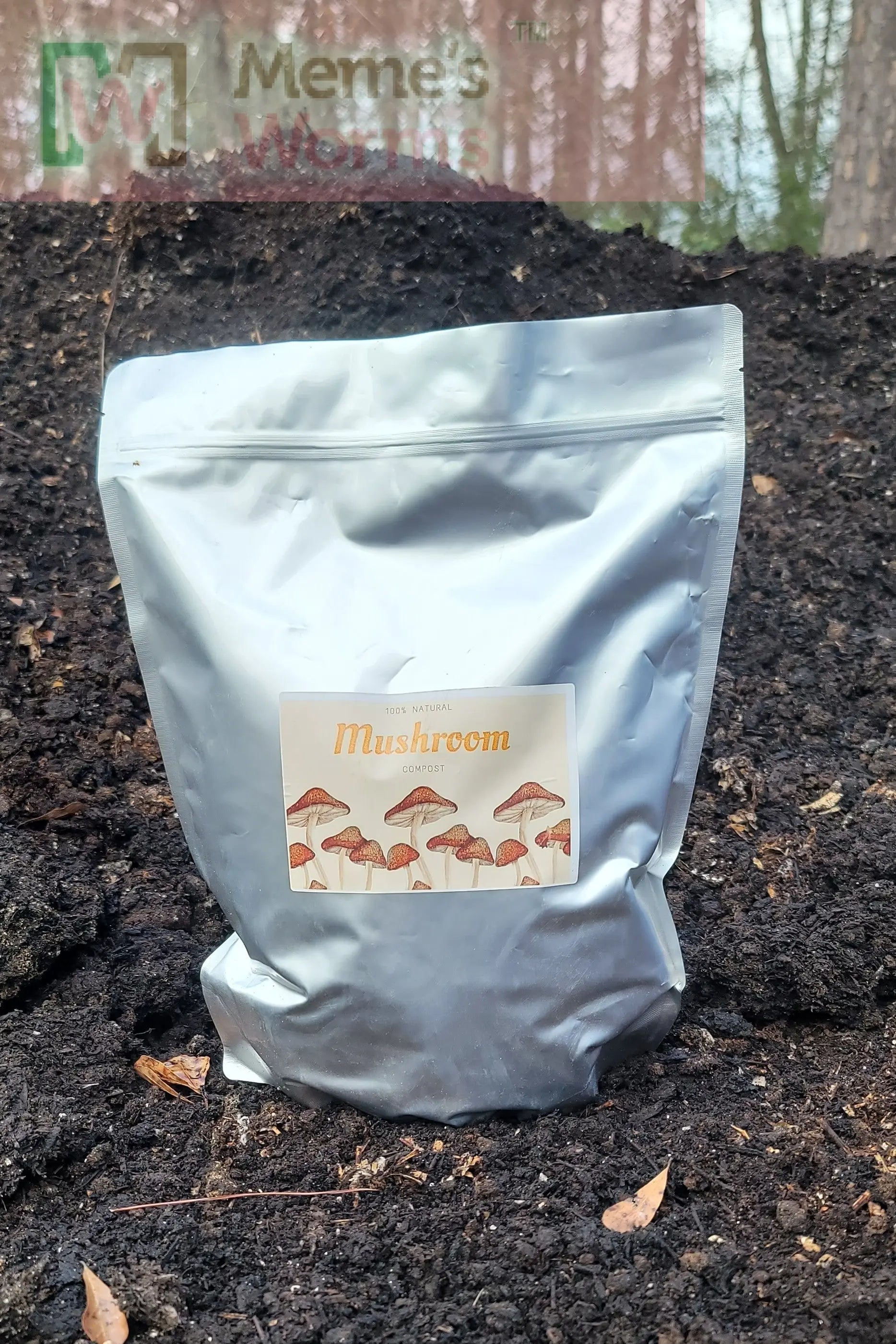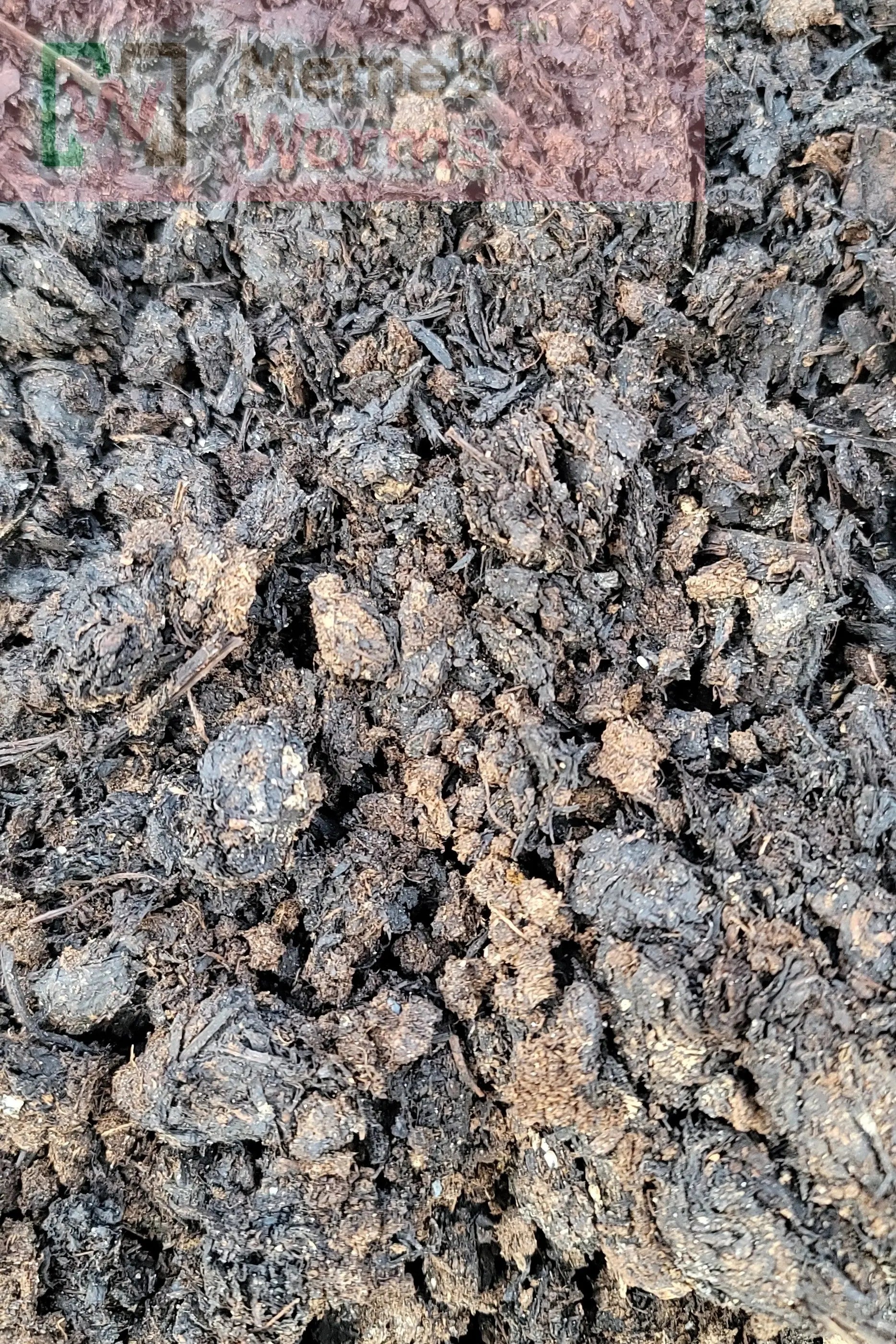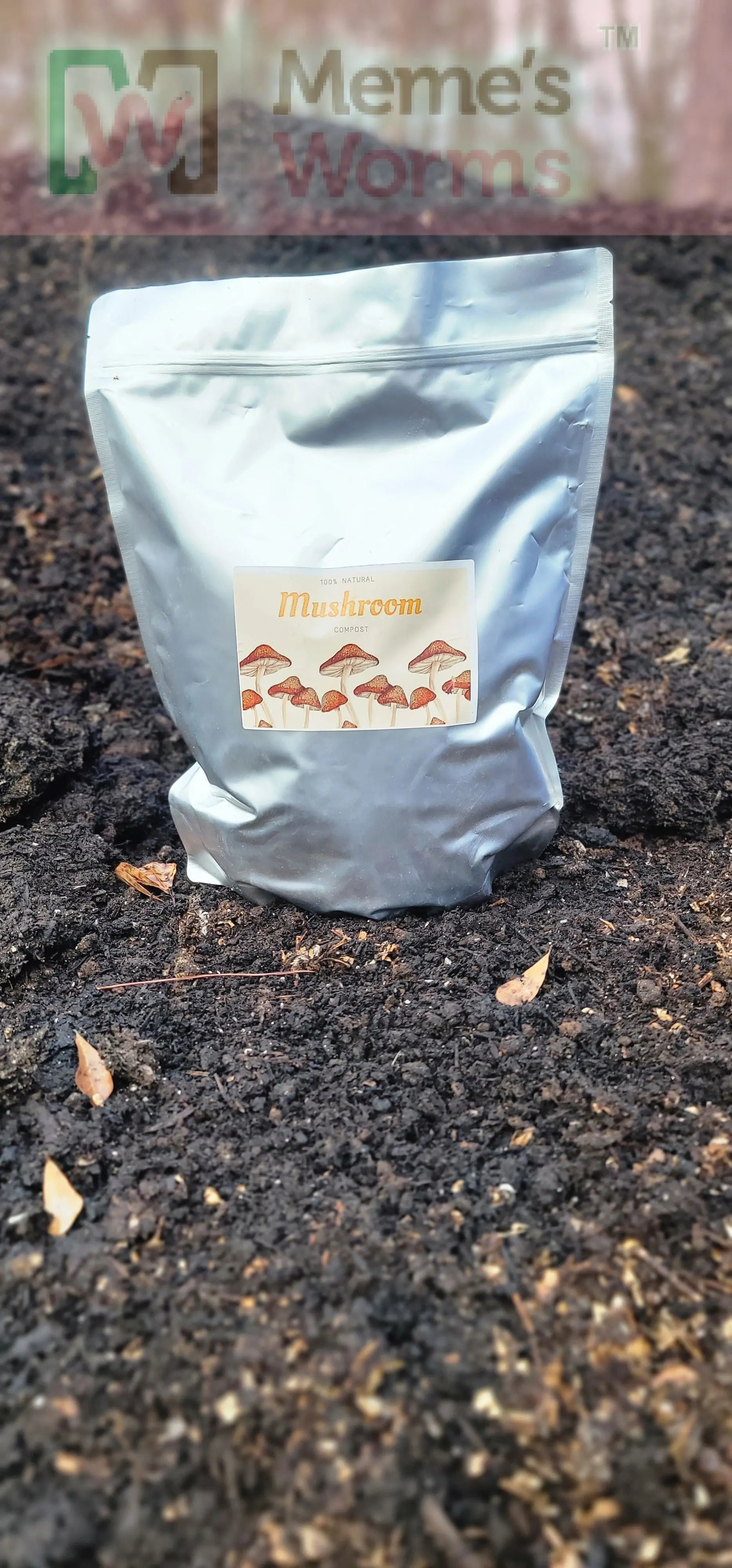Organic Mushroom Compost
Adding Mushroom Compost to a worm bin can provide several powerful benefits for the composting process, your soil health, and the long-term success of your garden. Known as a highly effective organic soil amendment, organic mushroom compost is one of the best ways to improve soil fertility while keeping your gardening methods sustainable. Whether you’re a backyard gardener, a landscaper, or a farmer, this product provides excellent value when looking for mushroom compost for sale.
Nutrient-Rich Addition
Mushroom Compost is made from a blend of natural and organic materials such as straw, agricultural waste, and organic supplements originally used to cultivate mushrooms. After mushrooms are harvested, the composted material becomes nutrient-dense, containing nitrogen, phosphorus, potassium, and vital micronutrients. These essential nutrients boost plant growth, improve yields, and provide the foundation for healthier gardens. With organic mushroom compost, you are giving your soil a slow-release, sustainable fertilizer that keeps feeding plants for the long term.
Microbial Diversity
One of the standout benefits of organic mushroom compost is its abundance of beneficial microorganisms. It contains fungi, bacteria, and other soil organisms that help break down complex organic matter and release nutrients in plant-available forms. When added to worm bins, this microbial diversity enhances the decomposition process, helping worms thrive while creating a richer vermicompost. By choosing Mushroom Compost, you’re supporting a natural ecosystem within your soil that promotes long-lasting fertility.
Soil Conditioning
Gardeners know that soil structure is just as important as nutrients. Mushroom Compost improves soil texture and aeration by increasing porosity, which allows for better drainage and water retention. Soils enriched with organic mushroom compost resist compaction, making it easier for plant roots to expand deeply. This means stronger, more resilient plants that can access water and nutrients effectively.
pH Buffering
Another advantage of Mushroom Compost is its ability to balance soil pH. With a neutral to slightly alkaline profile, it can gently buffer acidic soils and bring them closer to optimal growing conditions. By mixing organic mushroom compost into your soil or worm bins, you create an environment where a wide variety of plants can thrive without the stress of overly acidic soil conditions.
Weed Suppression
When used as a mulch or mixed into garden beds, Mushroom Compost has the added benefit of suppressing weeds. Its dense texture and nutrient balance make it harder for weed seeds to germinate and compete with your cultivated plants. This natural weed control reduces the need for herbicides and gives your plants the best chance to grow strong and healthy.
Environmental Sustainability
Purchasing mushroom compost for sale is also a sustainable choice. By using organic mushroom compost, you are recycling organic waste materials that would otherwise be discarded. This reduces landfill waste while providing a nutrient-rich amendment for your soil. It’s a simple, eco-friendly way to garden more responsibly while ensuring long-term fertility and productivity.
In summary, incorporating mushroom compost into a worm bin enriches the compost with nutrients, promotes microbial diversity, improves soil structure, buffers pH levels, suppresses weeds, and supports environmentally sustainable gardening practices. These benefits contribute to healthier, more productive garden soils and more robust plant growth over time.






